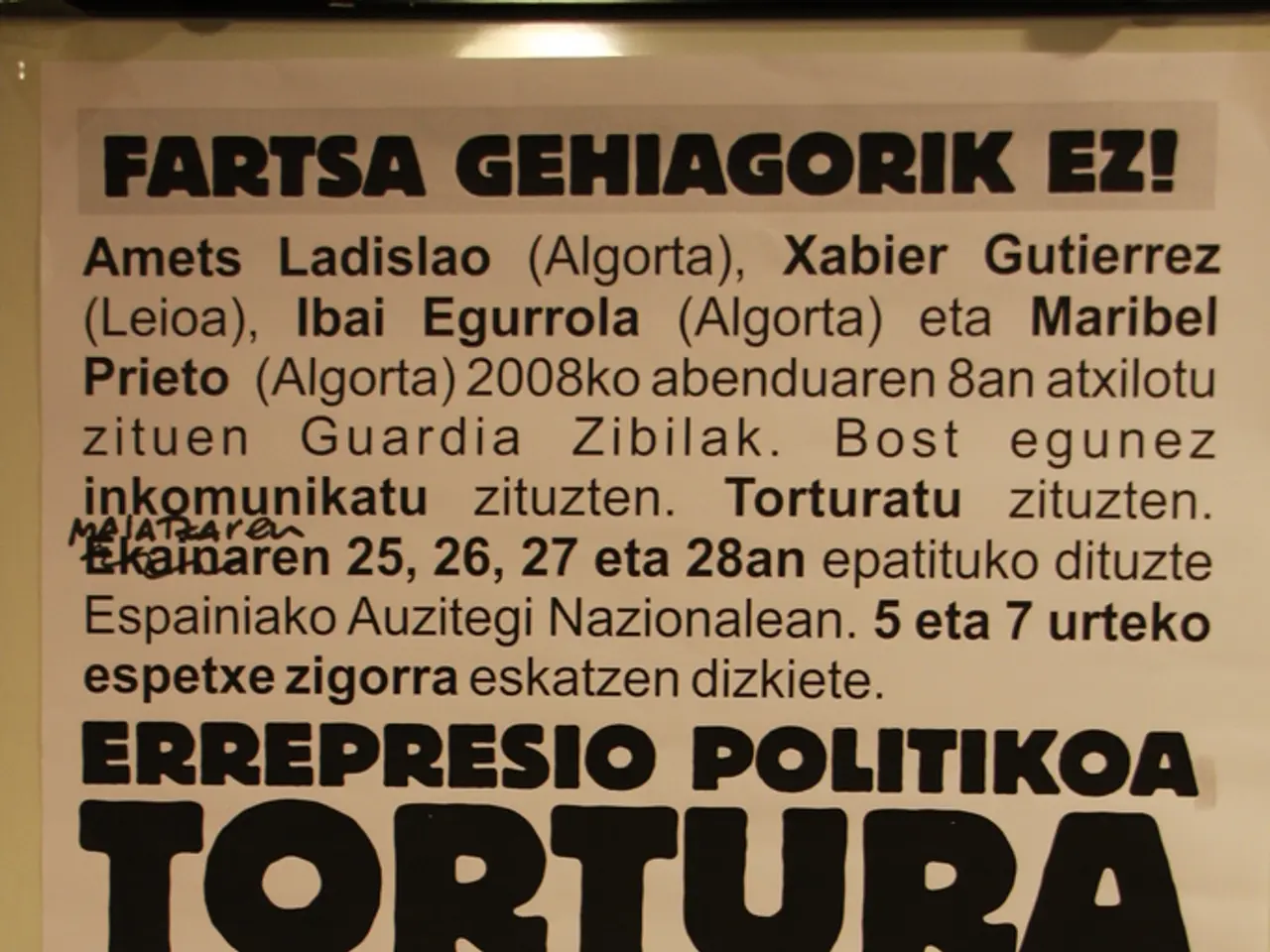Protestant rights in Spanish universities gain public attention and controversy
In the heart of Spain, a university extension course titled 'Invisible precursors in the history of Spanish democratic freedom (Protestantism, a promoter of democratic freedoms in Spain)' was recently held at the Faculty of Theology of the Assemblies of God in Cordoba. This enlightening course was organized by the faculty and the Spanish Evangelical Alliance, with support from various institutions including the City Council of Cordoba, the Andalusian regional government, and the Secretary of State for Democratic Memory.
The course, inaugurated by Fernando Martínez López, secretary of state for Democratic Memory, aimed not at revenge but at remembering to avoid making the same mistakes again. Martínez López emphasized this point, stating that the course was about understanding the past and learning from it, rather than dwelling on past grievances.
King Charles III established the village of La Carlota near Cordoba, and 7,000 European settlers were brought to populate it, offered land and houses. However, the recruitment rules required settlers to be Roman Catholics. In the absence of Catholics, Protestants were used in disguise. This covert use of Protestants led to a significant Protestant presence in La Carlota, making up 60-90% of the settlers who arrived.
This Protestant presence, however, was met with oppression and persecution. The Inquisition moved to La Carlota, causing a wave of oppression and persecution of Protestants. Christians outside the Roman Catholic system could not marry or register their children in the civil registry, and at the worst moments, they were retaliated against, tortured, and some even killed. Many Protestants were forced to renounce their faith and return to Germany.
Rafi Crespín, secretary general of the socialist party in Cordoba, participated in the closing ceremony of the university course. Crespín received a gratitude letter and a study of the genealogy of his family name, linking him to the settlers of La Carlota. Crespín expressed recognition and a wish for similar events to happen in the future.
Historian Evangelina Sierra explained that from the Inquisition to the Francisco Franco regime, the national Roman Catholic system created a social network in Spain from which it was impossible to escape either in life or in death. Xesús Manuel Suárez, secretary general of the Spanish Evangelical Alliance, spoke about the importance of accepting and integrating dissidents. Suárez used the example of John Hus, a precursor of the Protestant Reformation, to illustrate his point.
The course was supported by the Evangelical Council of Andalusia (CEAA), the regional council of Cordoba (CEPC), the Secretary of State for Democratic Memory, the City Council of Cordoba, and the Andalusian regional government. This article is published in Evangelical Focus.
Read also:
- Leading Human Resources Leaders Poised to Assume Roles of Cultural Advocates, Guardians of Evolution, and Data Analysis Experts
- Trump's arrival in the UK coincides with an unfavorable moment for Starmer during his leadership tenure
- Dispute on hunger crisis in Gaza intensifies amongst numerous Jewish-American citizens
- Lucrative Business Opportunities in Nigeria: Discover Profitable Enterprises Immediately




